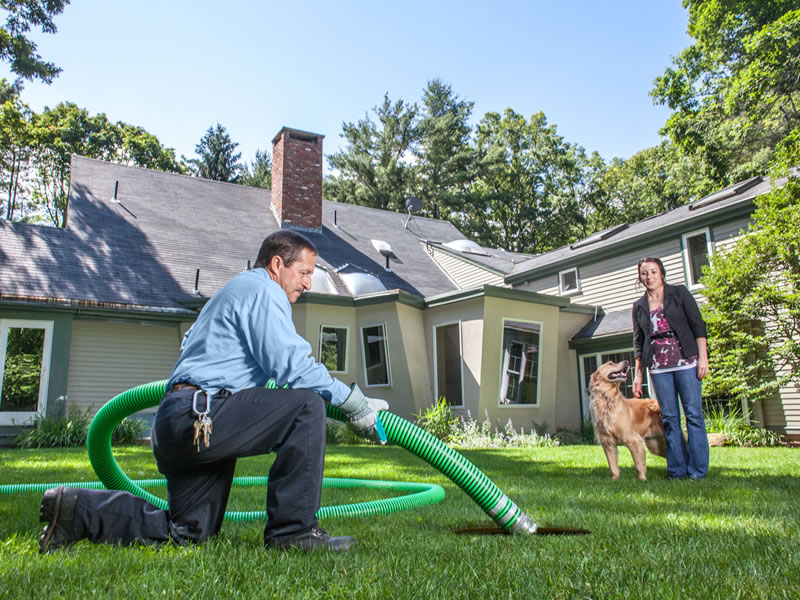
06
Septic tank pumping is an essential aspect of maintaining a healthy and functional wastewater management system. Regular pumping removes accumulated solids and sludge from the tank, preventing backups, clogs, and system failures. However, choosing the right time of year for septic tank pumping can maximize its effectiveness and minimize inconvenience for property owners. By considering factors such as weather conditions, usage patterns, and seasonal demands, homeowners can schedule septic tank pumping at optimal times to ensure the longevity and efficiency of their septic systems.
One of the best times of year to schedule septic tank pumping is during the spring or fall seasons. These transitional periods typically offer moderate temperatures and weather conditions, making them ideal for outdoor maintenance tasks. Springtime, in particular, is advantageous for septic tank cleaning as it follows the winter months when heavy rainfall and freezing temperatures can put additional strain on septic systems. Pumping the tank in the spring helps remove any accumulated sludge from the winter months and prepares the system for increased usage during the warmer months ahead.
Similarly, fall is an excellent time for septic tank pumping as it allows homeowners to address any issues before the onset of winter. By pumping the tank in the fall, property owners can ensure that the system is functioning optimally before temperatures drop and freezing becomes a concern. Additionally, scheduling septic tank cleaning in the fall allows ample time for any necessary septic tank repairs or maintenance to be completed before the winter months, reducing the risk of emergencies and disruptions during the colder season.
Another factor to consider when scheduling septic tank pumping is household usage patterns. The frequency of pumping may vary depending on the size of the household, the number of occupants, and water usage habits. Homes with larger families or higher water usage, such as those with irrigation systems or frequent laundry cycles, may require more frequent pumping to prevent overloading the septic system. By monitoring water usage and scheduling pumping accordingly, homeowners can ensure that their septic tanks remain in optimal condition year-round.
Additionally, it's essential to consider seasonal demands and availability when scheduling septic tank pumping. Spring and fall are typically busy times for septic companies as homeowners prepare their properties for the changing seasons. Scheduling pumping appointments well in advance ensures that homeowners can secure a convenient time slot and avoid delays or scheduling conflicts. Planning ahead also allows ample time for any necessary septic tank repairs or maintenance to be completed during the off-peak season, reducing the risk of emergencies and ensuring peace of mind for property owners.
Choosing the best times of year for septic tank pumping is essential for maintaining the health and longevity of your septic system. Spring and fall offer favorable weather conditions and allow homeowners to address any issues before the onset of winter. By considering household usage patterns, seasonal demands, and any signs of trouble, property owners can schedule septic tank pumping at optimal times to ensure the reliability and efficiency of their wastewater management systems. Consulting with a professional at Charlotte Septic Pros can provide guidance and assistance in scheduling pumping or septic tank installation appointments and addressing any maintenance needs. By staying proactive about septic tank maintenance, homeowners can avoid costly repairs and enjoy peace of mind knowing that their septic systems are in good working order.
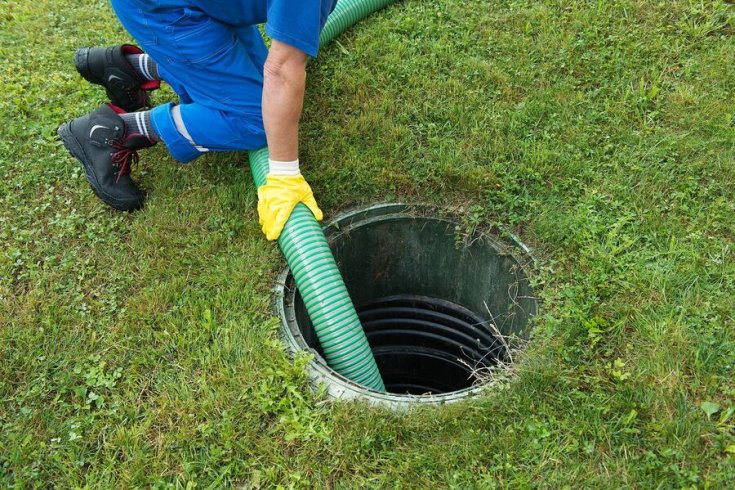
18
Reliable and Affordable Septic Services A properly functioning septic system is essential for any home or business that relies on…
Read more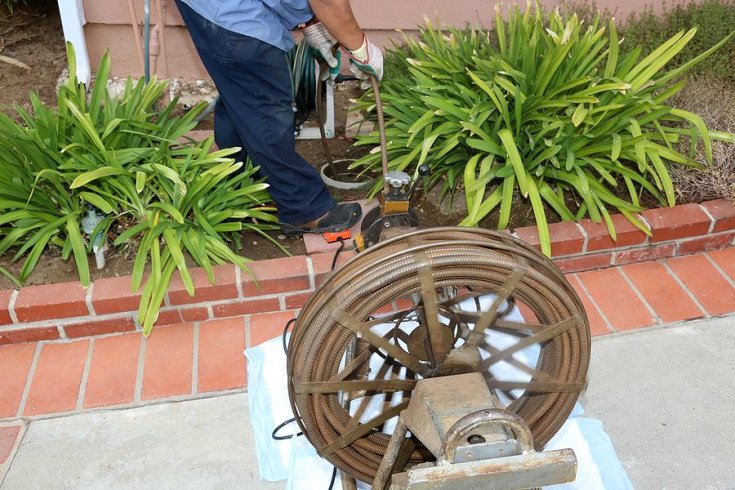
09
Signs and Solutions for a Failing Drain Field Your septic system plays a critical role in managing household wastewater, and…
Read more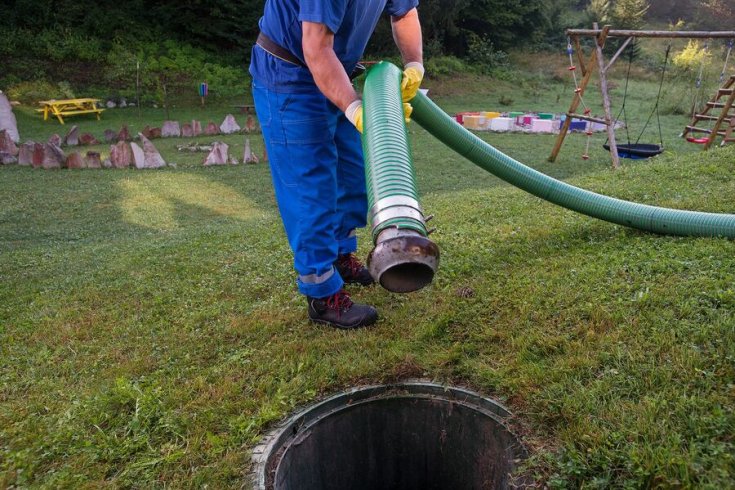
03
A Newbie’s Guide to Septic Pumping If you’re new to homeownership and have a septic system, you might be wondering…
Read more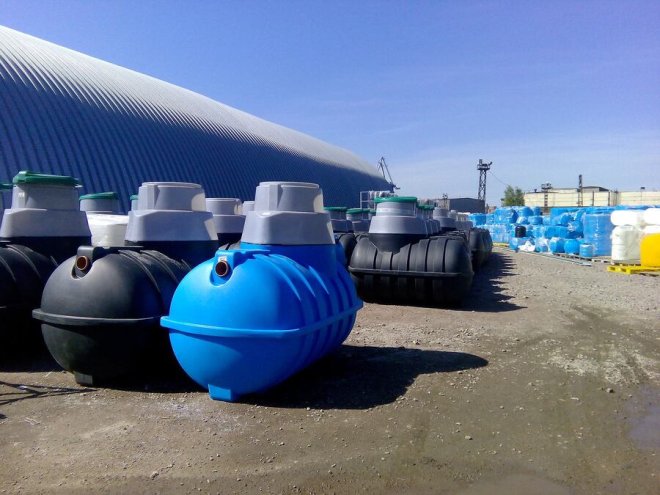
28
How to Prepare for Septic System Installation Installing a septic system is a major investment for any property that lacks…
Read more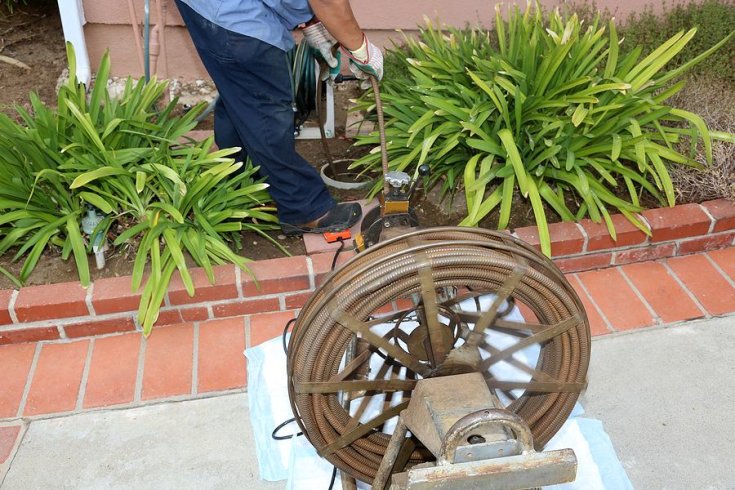
20
How Main Drain Cleaning Can Prevent Sewer Backups Sewer backups are one of the most unpleasant plumbing emergencies homeowners can…
Read more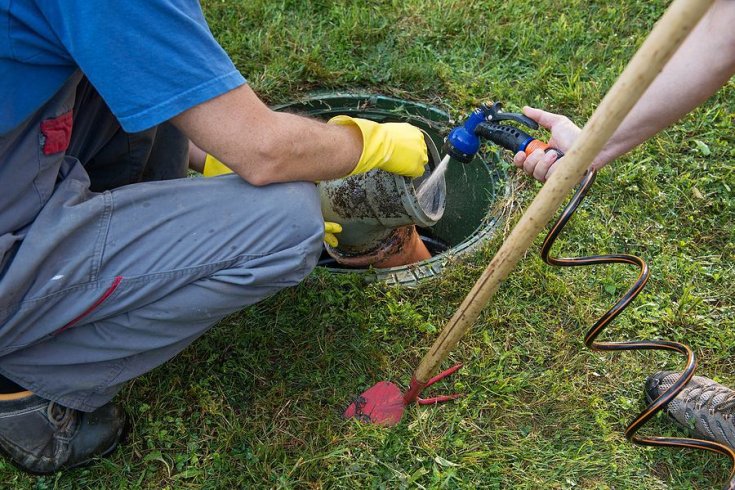
13
What to Do When You Have Drainage Problems Drainage problems can be frustrating and cause serious damage if left untreated.…
Read more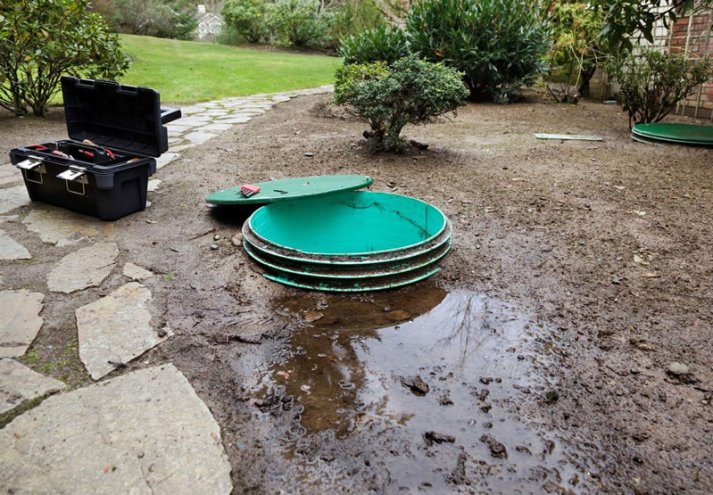
04
Signs and Causes of Septic Leaks A leaking septic system can pose serious health and environmental risks. If left untreated,…
Read more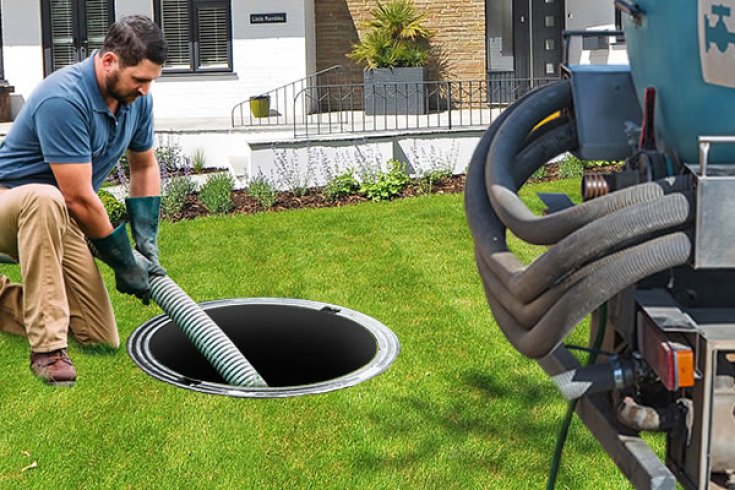
02
Unusual Septic Tank Blockages: Keeping Your Septic System Healthy A properly functioning septic system is crucial for any home or…
Read more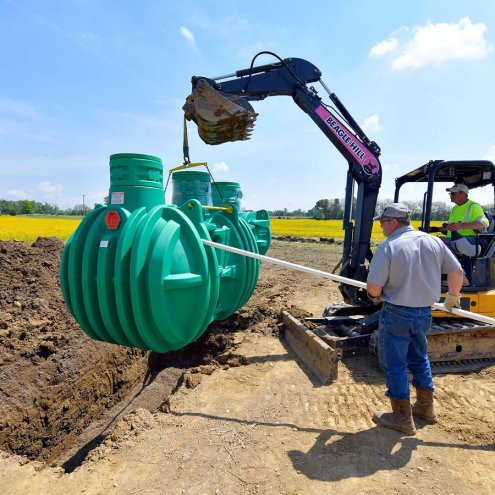
23
Seasonal Weather and Septic Systems Tank Your septic system plays a vital role in managing household wastewater, but seasonal weather…
Read more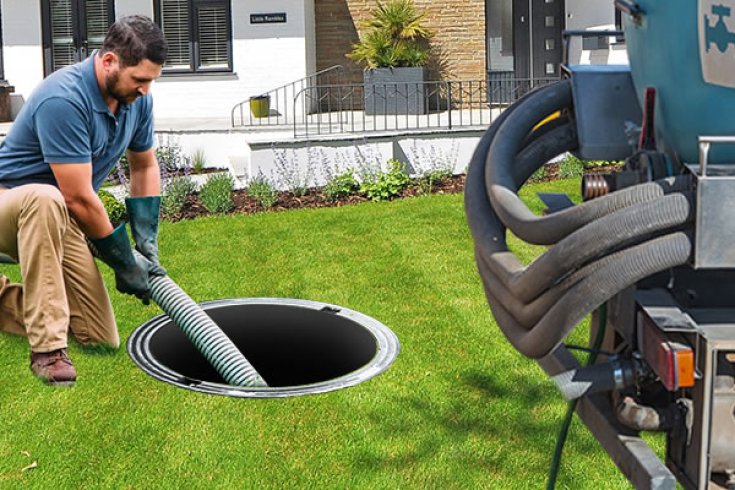
15
Why Toilet Paper Matters to Your Septic Tank Many homeowners don’t give much thought to their toilet paper—until it starts…
Read more